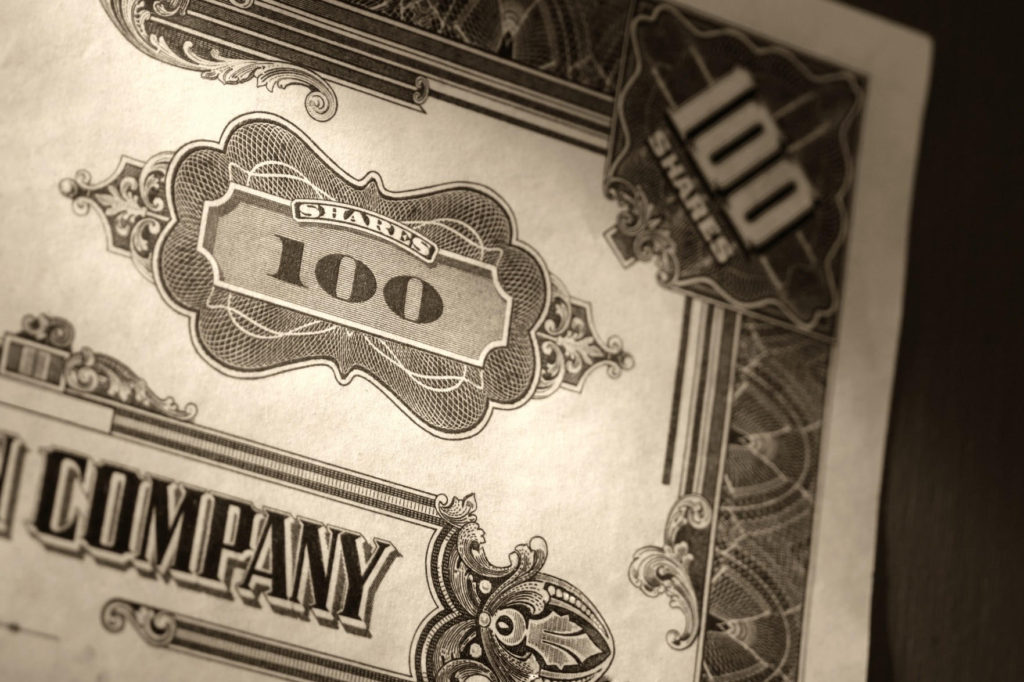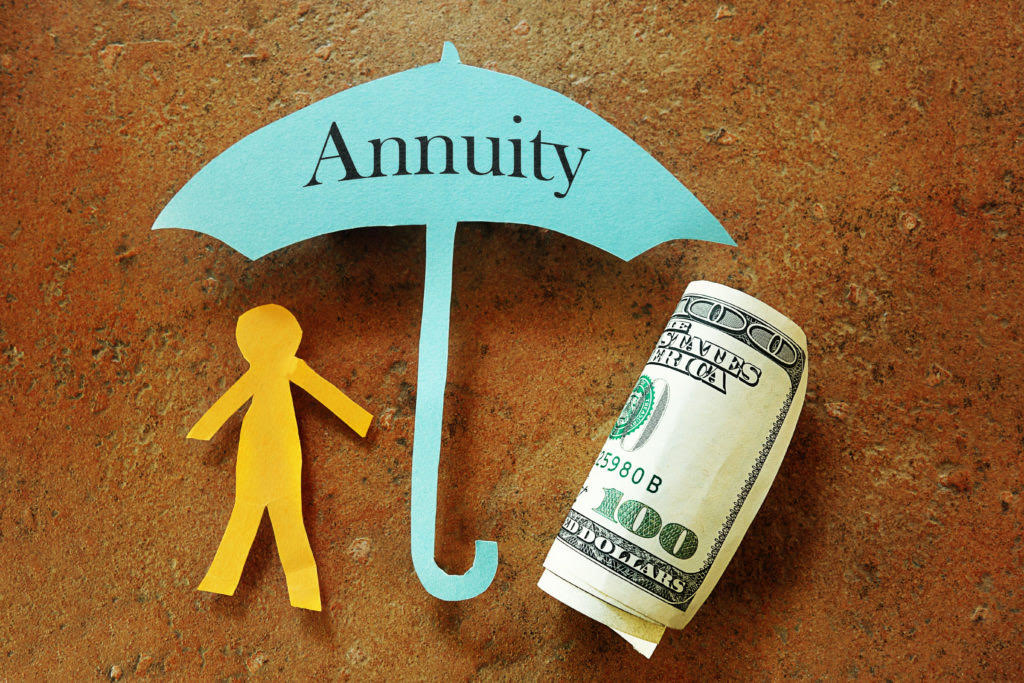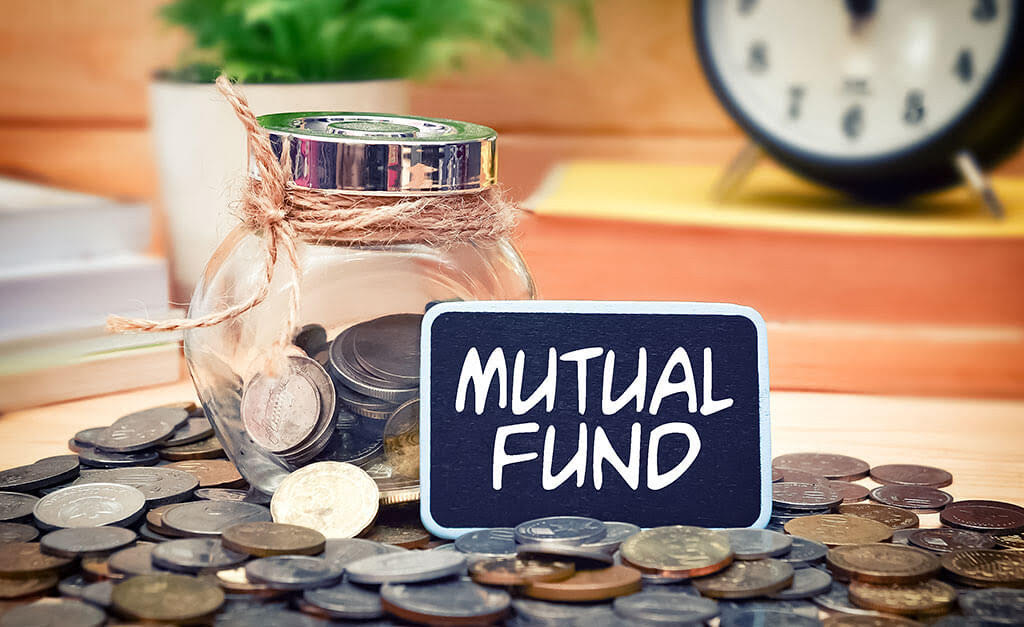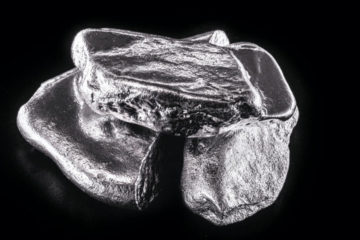
When it comes to investing, for many people, it often comes down to stocks or real estate. However, there are many more types of investments than just stocks and real estate!
Many types of investments offer security, where others offer great reward. Some types of investments are more well known than others, but that doesn’t necessarily mean it isn’t a good investing idea!
11. Stocks

Stocks are probably the most famous type of investment. When it comes to investing, most people generally think of buying and selling stocks.
A stock is essentially ownership in a company. Whilst there are several different types of stocks, the most famous are exchange-traded stocks, bought and sold on exchanges like the NYSE, LSE and NASDAQ among others.
Companies often have Initial Public Offerings (IPOs) in order to raise capital. This capital is subsequently invested back into the company in order to develop new products or to finance an acquisition.
Following the IPO, where the first round of stocks are created and sold, investors then buy and sell these stocks between themselves. Each year, many companies will pay their investors a dividend, based on their profits.
Other types of stocks include, private company stocks and preferred stock. These both come with their own risks and rewards, as well as differing legal rights for the owners.
10. Bonds

Bonds are among most common types of investments. Unlike stocks, there is a fairly large community who wonder whether or not to invest in bonds, due to their inherent problems.
Essentially, bonds are a form of debt. They are commonly issued by local (municipal) governments or by large companies. These entities often do this in the hopes of raising capital.
However, unlike issuing stock, these entities aren’t looking to expand. Instead, these entities are looking to finance their continued operations, and sometimes, paying off previously issued bonds.
In exchange for purchasing a bond of these entities, they’ll pay you each year. For the most part, this is for a fixed amount specified on the on itself, usually being around 3% of the bond’s face value.
With that being said, bonds generally under perform compared to the market as a whole, rarely, if ever, breaking even. This is due to the fact that the interest payment is about the same as inflation.
And, bonds don’t appreciate like other types of investments, which leads many to believe that you shouldn’t invest in bonds in the first place!
9. Certificates of Deposit

Certificates of deposit are one of their weirdest investments, however, if one correctly, can be extremely profitable for their owners. They also have assurances- if the bank that issues them collapses, their money is still safe!
Essentially, a certificate of deposit is just what it seems on the surface. A person can talk to his/her bank and ask to deposit a large portion of money into the bank’s bank account to be lent out and invested by the bank.
In exchange, the bank issues a certificate of deposit. Essentially, this certificate says that a certain amount of money (eg. $1000) had been given by X person to X bank on X date.
This certificate also means that any bank accounts (savings accounts) that the person owns (in their own name) will be subject to higher interest rates. For instance if the regular interest rate is 2%, it may be 3.5% or even 4%!
Much of the money in these accounts can be accessed (and withdrawn from) at any time, without fees. Depending on the bank, they may also do an automatic reissue, if you don’t cancel with the bank beforehand.
All of the loaned money is kept by the bank until the expiration date (stated on the certificate itself). Although, the money can be withdrawn early, usually with some form of withdrawal fee.
8. Annuities

Annuities have become quite popular in recent years, as an alternative to 401(k) plans etc. Many have since realized that there are certain issues with it once you actually do retire…
Essentially, an annuity plan is a form of insurance. Where, with a 401(k), you may eventually run out of money, the annuity removes this. Whilst you work, each month, you pay the annuity company a set amount.
This money is then pooled and invested by the insurance company until you retire and need to withdraw money from it. However, the money that is withdrawn is (supposed) to be replaced by younger people starting their annuity plans.
Once you retire, you will be paid a given amount each month until the day you die. This amount is dependent on several factors, most notably the amount you invested per month and the time you spent investing in the plan.
However, here is where the two main issues lie. For the first part, there is no guarantee that future generations will want annuity plans (perhaps there will be better plans available to them!) leading to a total collapse.
The second is that the way it is calculated doesn’t necessarily account for your lifestyle pre-retirement. There are several cases of people living $2000 per month lifestyles and receiving $500 per month from their annuity!
7. Mutual Funds

A mutual fund is probably one of the safest types of investments out there! Mutual funds have very little chance of losing large portions of money, even in recessions, mutual funds have proven to make money.
Essentially, a mutual fund is a diversified portfolio, mostly made up of stocks, although other types of investments are also added in occasionally. A large group of investors then buy into this fund in order to make money.
Depending on the amount of money each investor has individually contributed, depends on the amount of the fund they own. Professional investors then buy and sell different stocks in order to make the most amount of money.
Each year, these stocks will pay dividends, which are distributed according to the percentage you own. The fund itself then takes a small percentage from each investor in fees (in order to pay staff and other expenses).
Unlike most professionally-invested portfolios, mutual funds don’t have a minimum investment requirement. In theory, you could invest $400 or $4 million in a mutual fund!
6. Index Funds

In many ways, an index fund and a mutual fund are extremely similar. However, in many other ways, mutual funds are unlike any other type of investment.
Essentially, an index fund is a collection of stocks, usually the largest 100, 250 or 500 on a given stock market (by market cap). These funds are often created, and monitored by private companies, rather than the exchanges.
In many ways, these are some of the safest investments, as losses are generally minimized during recessions- just because most companies are down, doesn’t mean they all are!
The largest index fund is the S&P 500, the largest 500 companies on the New York Stock Exchange. When you buy into an index fund, like the S&P 500, you are essentially buying one share in every company in the fund.
As such, each year, you earn a dividend, paid by the owner of the fund (such as Standard & Poors for the S&P 500) from the various companies’ dividend payments.
Unlike mutual funds, index funds have extremely low fees, most commonly under 1%, with most being under 0.5%, compared to the absurdly high (and various) fees associated with owning mutual funds.
5. ETFs

ETFs are where things tend to get interesting. In most cases, they tend to have a selection of several different types of investments in them, making them fairly safe, even in recessions.
An ETF (Exchange-Traded Fund) is a fund similar to mutual funds, except they are openly traded on the stock market. Many of them are also owned and managed by some of the best institutional investors on the planet!
ETFs are generally made up of a collection of stocks. However, depending on the ETF and the company, they may own a collection of stocks, real estate, bonds, commodities and the like.
Most ETFs tend to focus on a specific industry, or even a specific stock exchange. For example, the Russell 1000 focuses on technology companies, whereas the NASDAQ 100 focuses on NASDAQ-traded companies.
As they mostly comprise of dividend-yielding investments, ETFs yield yearly dividends. These dividends can subsequently be spent or be reinvested. However, these companies generally tend to charge fees for their services.
4. Real Estate

When I was a child, my father, a banker by trade, had a saying:
Much of the world’s wealth isn’t stored in bank vaults or in companies, but in real estate all across the world
As a kid, I never really understood that, but as I’ve gotten older, I have realized something: Real estate is one of the few types of investments that almost always increase in value, even in recessions!*
*This does depend on the area, naturally, some areas’ real estate markets are decimated by recessions.
Essentially, the term “Real estate” is an umbrella term for any type of property. Real estate may refer to commercial buildings (office buildings etc.), residential properties (houses, apartments etc.) or any number of other things!
There are two main ways that you can make money from real estate. The first one is perhaps the most obvious: rent. In order to live/work in your building, your tenant must pay you for it each month.
The other main way you can make money from it, is from appreciation. Each year, inflation causes the price of things to increase, this includes your real estate property.
3. Commodities

After stocks, commodities are one of the most common types of investments. As with many other investments, there is a large community of investors who believe you should (and shouldn’t) invest in them, in particular, gold.
The term commodities is a general term for physical items that have a monetary value that increases and decreases on a regular basis. Some commodities include oil, gold and natural gases.
For the most part, these commodities are very scarce, with less and less of them being available each year. As such, their value increases as they become scarcer, which is how investors make their money.
This is because, by definition, commodities can’t produce an income in the form of dividends and/or interest. Although, bonds may be issued for these such commodities.
Due in part to their scarcity and therefore immense value, they are generally seen as safe investments as many things are backed by them. Just look at the US dollar and gold until the 1970’s.
2. Bank Savings

This is a bit of a touchy subject. I, along with many people, would not consider bank savings as a type of investment. However, when you think about it, it is (sort of) an investment already.
For the purposes of this, I’m assuming that you are placing money into a bank account (savings account) every month. This money then accrues interest from the bank over the year.
Despite the lower than average returns, it does have a lot in common with other investments:
The amount you make is based on the amount you put in at the start, and whether you “reinvest” or withdraw some (or all) of that money. The amount you make year-on-year (ROI) is also never the same.
However, unlike most other types of investments, you are almost always guaranteed to make money. If it’s a recession, you will make money, if it’s a bull market, you’ll make money too!
With that being said, if you are looking to retire early (or comfortably) and/or beat the market consistently, saving isn’t for you. Instead, you should probably invest in something else.
1. Cryptocurrencies

Again, this is a bit of a touchy subject. Whilst technically, yes, cryptocurrencies are a type of investment, many famous investors (and myself) have talked about how they aren’t really…
This is mostly due to the fact that they have no real value- they aren’t backed by anything tangible, and they don’t give out dividends/interest payments each month.
Despite this, many people do see cryptocurrencies like Bitcoin and Ethereum as not only a type of investment, but also a good investment. Indeed, many people have made millions by investing in cryptocurrencies.
This is due to cryptocurrencies’ values changing drastically from month to month, week to week, and yes, day to day. People have capitalized on this and bought it when it was low, and sold it when it was high, netting huge profits!
Which are your favorite types of investments? Tell me in the comments!


